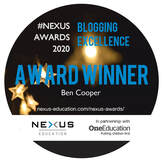|
As the new academic year approaches, hundreds and thousands of Newly Qualified Teachers will be backing boards, moving tables and preparing for their first ever class that is officially theirs. It is time to go it alone and with this comes excitement, but also anxiety, worry and a little bit of fear. Over the years, I have created a number of videos that focus on various key aspects of teaching and classroom life. I have compiled the most NQT relevant posts and included them in this article for you to digest. Hopefully, this will take you through a few key areas to consider when preparing for the new school year and your first ever class! Prepare Yourself
Don't forget to subscribe to the WAGOLL Teaching YouTube channel! Plan For The First Week
Establish Your Routines
Routines allow children to develop independent skills and make conscious decisions surrounding their next steps. Establish Behaviour Expectations
Be Clear On What Matters
Plan Lessons Effectively
Remember, planning is not the act of filling in a template that your school forces you to complete for each lesson. Planning is the process of designing the most effective learning opportunities for your students. Refine Your Planning
Don't forget to subscribe to the WAGOLL Teaching YouTube channel! Hook Children Into Lessons
Personalise Learning
Children and teachers are the best form of differentiation. The confident both you and the children are at making personalised decisions the more fluid learning becomes. Remember To Be Human
Resolving Conflicts
Don't forget to subscribe to the WAGOLL Teaching YouTube channel! Enjoy it!There will be great days and there will be tough days. You will feel rushed off your feet and there will be times when you feel stressed. But there will be those moments where you see the lightbulb switch on in a young person's mind or a sparkle of individuality for a child shines in the most unexpected of ways that will make you feel on top of the world. Teaching truly is the greatest profession, you have the luxury of leading your own class - so enjoy it! Your turn...Comment below and share your top NQT tips for starting with a new class or starting a new school. I would love to hear what has or is working for you. I will happily share the best in future posts to build a larger bank of tips for NQTs!
0 Comments
Leave a Reply. |
SearchWith a keen interest in the neuroscience and psychology of learning, WAGOLL Teaching is about sharing research alongside great, simple teaching ideas to a global teaching community.
Ben has been in education for over 10 years and is passionate about simplifying high quality teaching and learning through innovative and practical approaches in the classroom. sUBSCRIBE |
|
Who are we? |
With a keen interest in the neuroscience and psychology of learning, WAGOLL Teaching is about sharing research alongside great, simple teaching ideas to a global teaching community.
|
All copyright reserved ©.
I would like to remind all visitors to this website that all pages on this site are copyright protected, unless stated. Most importantly, this site is for the use and enjoyment of all children, parents, guardians, carers and teachers who are involved in WAGOLL Teaching. Please use the resources/ideas as you need without replicating them for your own gains.
I would like to remind all visitors to this website that all pages on this site are copyright protected, unless stated. Most importantly, this site is for the use and enjoyment of all children, parents, guardians, carers and teachers who are involved in WAGOLL Teaching. Please use the resources/ideas as you need without replicating them for your own gains.


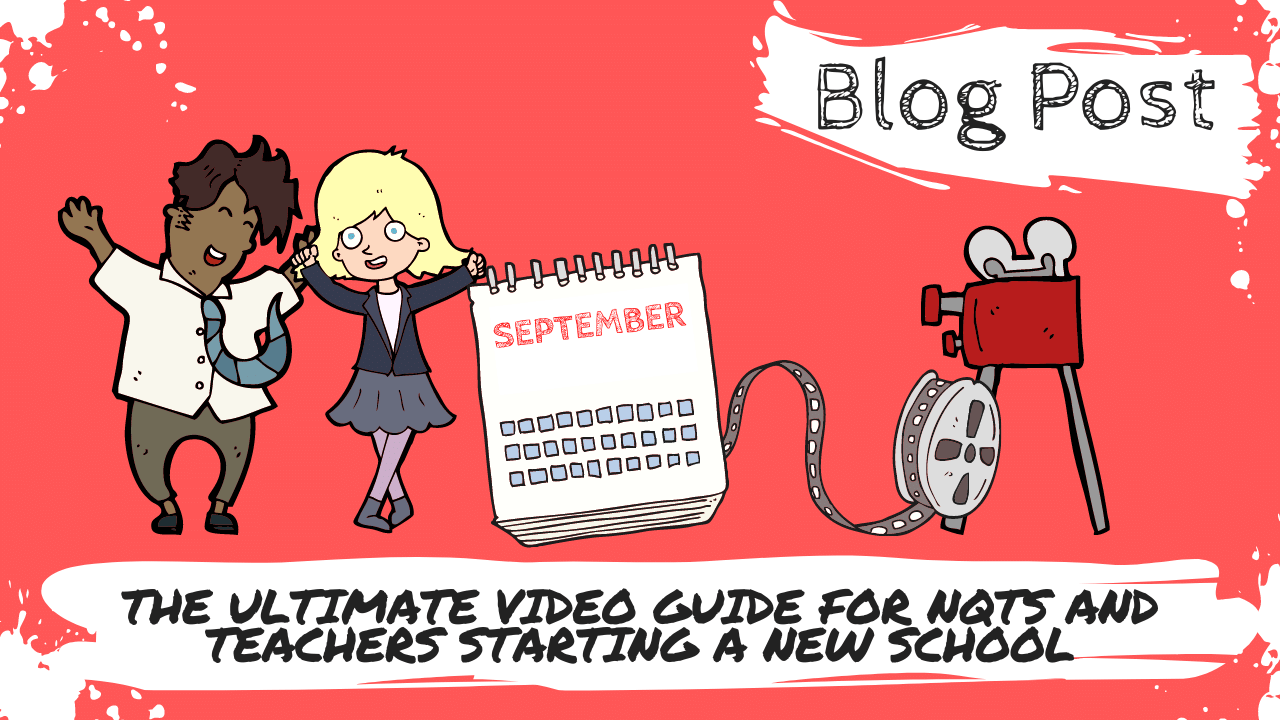
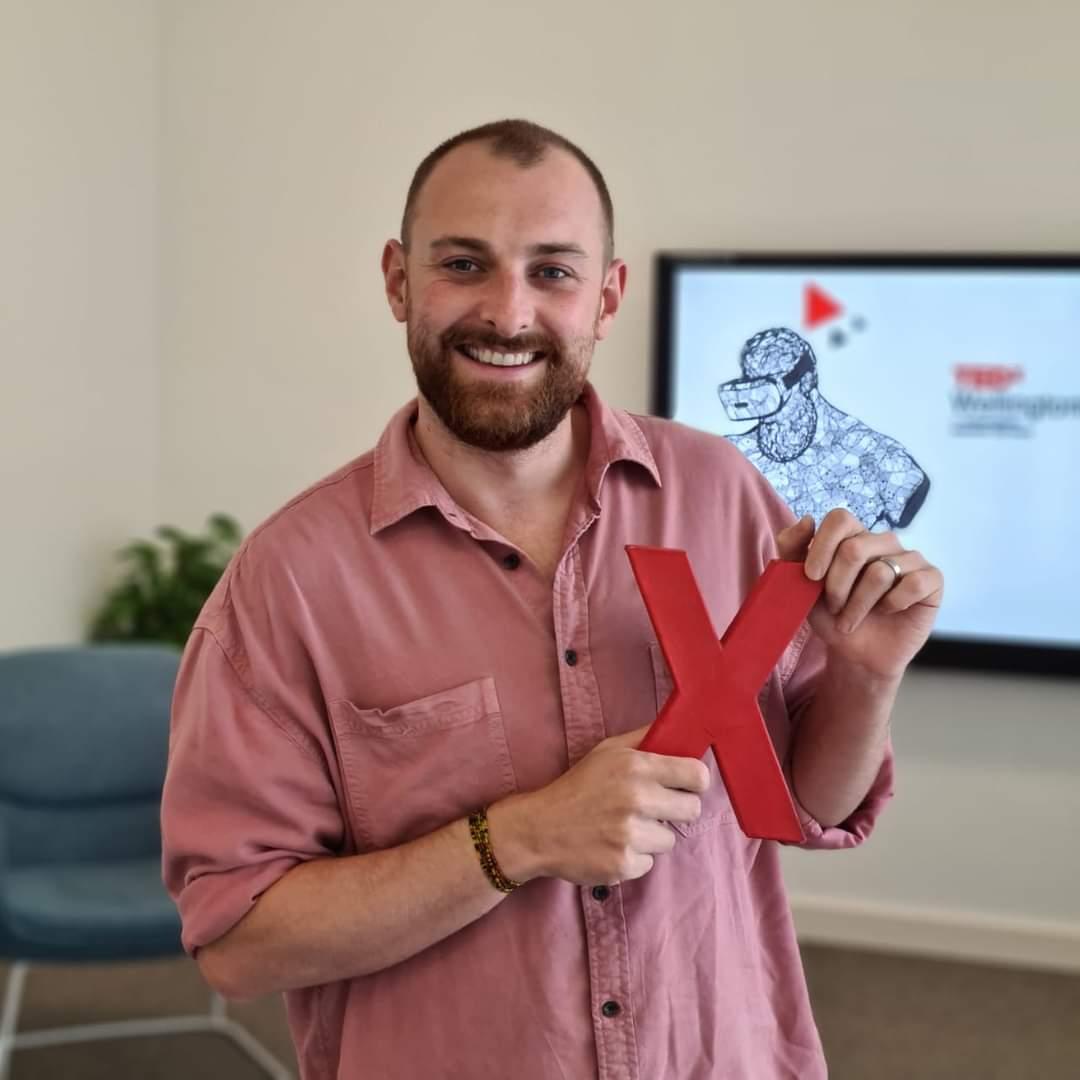


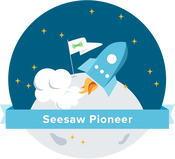
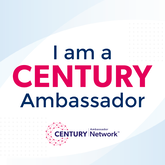
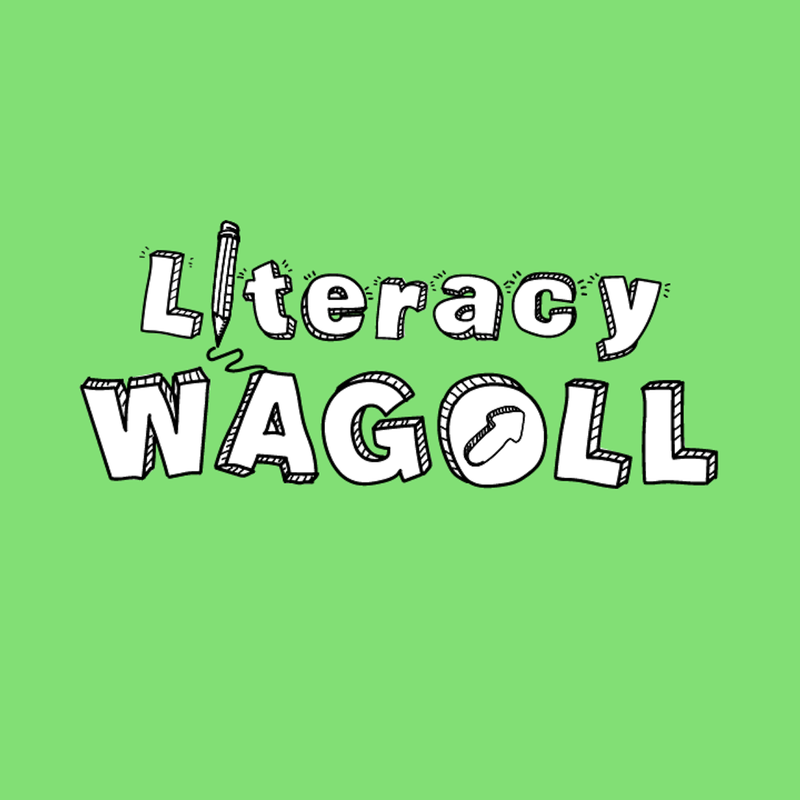
 RSS Feed
RSS Feed

